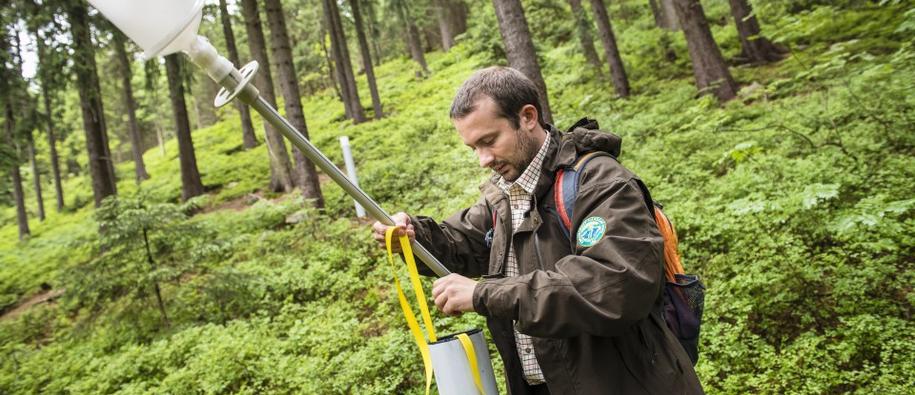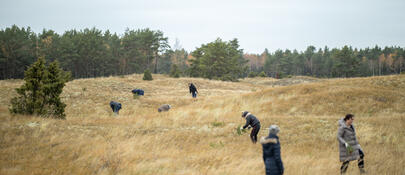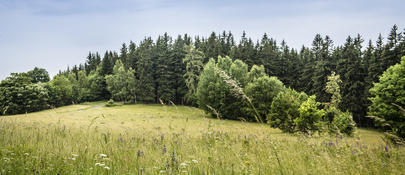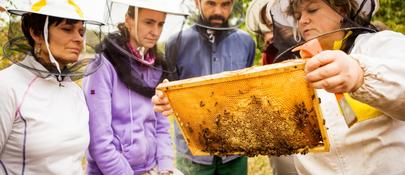
The Challenge
Europe‘s ecosystems are under increasing pressure. Intensive agriculture, infrastructure development, over-exploitation of forests and waters, and pollution are among the key threats to biodiversity and our natural resources.
Overexploitation of resources
More than 10 million people in Europe base their livelihoods on agriculture, forestry and fisheries. Overexploitation of these natural resources reduces biodiversity and ecosystem health, and has serious consequences for our food production.
Pollution of air, water and soil
Pollution of air, water and soil is a major threat to our wellbeing. Air pollution alone is responsible for over 400 000 premature deaths in Europe each year. Lakes and coastal areas suffer from pollution from agriculture and urban wastewater. This increases the risk for toxic algal blooms and increases costs for fisheries and tourism.
Habitat change
More than 70% of Europe’s protected habitats are in unfavorable condition. The loss of habitat and changes in the use of land lead to reduced biodiversity and weaker ecosystem resilience. Urban and industrial development is the largest driver of habitat change and is expected to remain so in the future.
Mismanagement of natural capital
The economic value of ecosystems and their services is often not assessed. This undermines the concept of sustainable development. If ecosystem services, such as flood protection or food production, are assigned economic value, their benefits can be better integrated into policies and reflected in decision-making.
Our Approach
Our goal
We aim to improve the environmental status of our ecosystems and reduce the negative effects of pollution and other human activities.
How?
Environmental protection and sustainable growth need to be integrated into policies and decision making if we are to ensure the resilience of ecosystems and their services. In order to protect our natural capital, the Grants support activities such as:
- Environmental strategies, management and protection plans, such as for habitats and species
- Mapping and assessment of ecosystems and their services
- Promoting natural heritage as a basis for sustainable tourism and local development
- Increasing capacity for integrated planning and control
- Environmental education and awareness-raising
Creating partnerships
The exchange of knowledge and experience is essential for building know-how in the area of environment and ecoystems. Organisations from the donor and beneficiary countries are therefore engouraged to cooperate through our programmes.
The donor countries have competence on integrated marine management, ecosystem management and integrated planning and control. Norwegian Environment Agency and the Norwegian Water Resources and Energy Directorate are donor programme partners in this area and can assist Norwegian organisations that wish to get involved.


